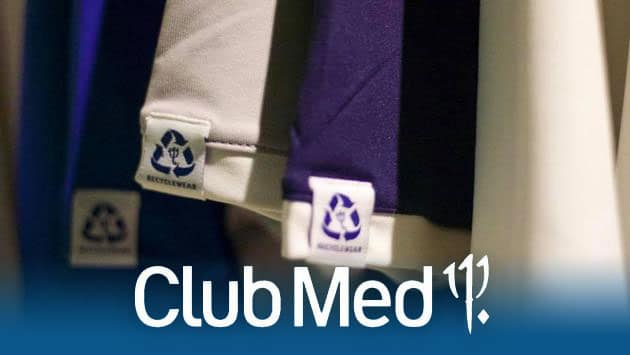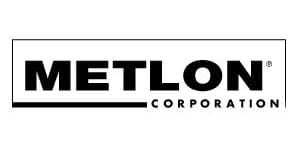Henry Ford was known to quip that you could take away all his money but if you left him his men, he would build up his empire all over again. My mentor, Jim Rohn, once said that if you took all the money and divided equally among all the people in the world, it would soon all wind up back in the same pockets. What’s guiding this principle if not the intelligence and experience that comes from the right people in the right positions?
From the book, “Good to Great,” by Jim Collins, we learn the principle that in building a truly great company, the first question asked is “Who?” then “What?” People come before the strategy. Ken Kesey said about his travels and to his fellow travelers: “There are going to be times when we can’t wait for somebody. Now, you’re either on the bus or off the bus.” Our job as managers is to see that the right people are on the bus; in the right seats and that the wrong people are off the bus. This takes time, effort, hard work and a not a small bit of luck. If you have been successful in building your team or organization be careful not to disband it as a knee jerk reaction to our tough times.
Think about what can be done to hold your people together so you can take advantage of what you have built. You want to retain your collective intellectual capital. This is real knowledge that can be converted into profits. This asset is what you want to leverage the most and not just the hours that someone works. All of us are smarter that any one of us. Retain the lessons learned the hard way from real experience. The US Army conducts regular “AAR’s” or ‘after action reviews.” Typically after mock battles, the commanders will gather to ask the questions that lead to real learning that will save lives on the real battlefield. In your business actions you can ask, “What happened, why it happened and what should we do about it?” The value of these lessons resides in the collective conscious and unconscious of yourself and your people. Don’t lose this valuable asset by laying off people that you may never see again.
Examine other areas to cut costs. Most contracts are negotiable from the telephone company to your freight carriers. Everyone wants to hold onto customers. Ask and you shall be surprised at discounts or extended payment terms that can help reduce costs before you reduce personnel. Fed Ex instituted across the board benefit cuts rather than eliminating jobs. The State of California is considering a mandatory two days per month off without pay to deal with budget shortfalls. Limit or reduce large executive salaries. I have done this in my company and worked with my understanding wife to reduce expenses in our daily lives. The sacrifices are not that hard if everyone cooperates. President Obama limited executive pay increases for those earning over $100,000. Surely you can think of something and so can your people contribute ideas.
Keep your mind focused on the big and profitable goal. When the turn around in the economy starts, you will be in excellent position with your experienced work force to take advantage of the opportunities quickly and efficiently. You won’t have the task and risk to re-build your staff. You have already paid the price to get the excellent people you have. To paraphrase an old cliché, “Tough times don’t last but smartly educated people will.” See you on the up turn!
Joseph Greco is president of Greco Apparel. Visit them on the web at www.grecoapparel.com












